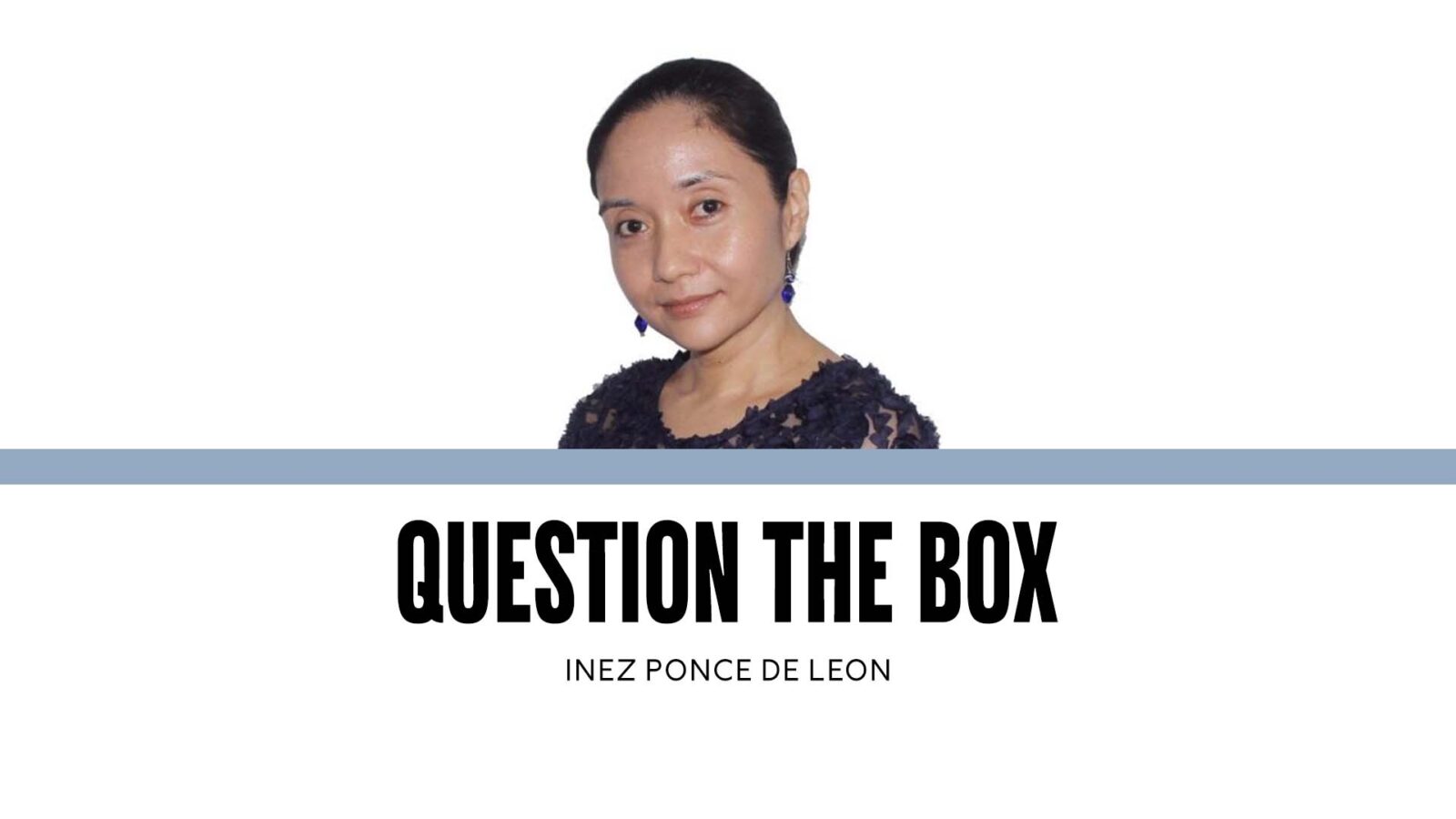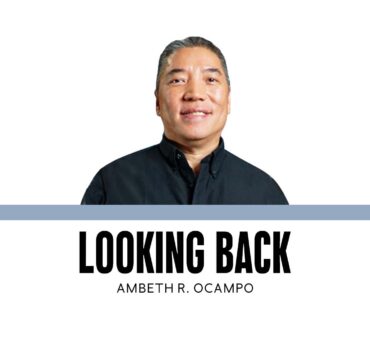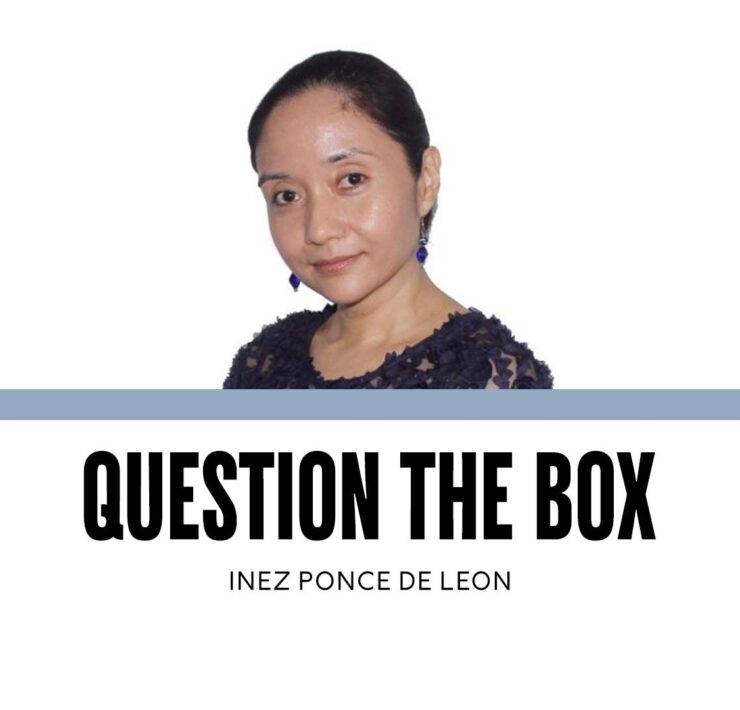Of grades and labels

I recently overheard students talking about foreign language classes, a requirement at the Ateneo de Manila University. One asked the other which professor she had chosen for basic Mandarin; when she heard the answer, she endorsed another professor.
“His exams are super easy. He teaches baby Mandarin! Even his quizzes are super fun. You just have to translate memes and videos! He’s so chill! You should have picked him!”
I was rather disturbed because I’ve heard this same exchange before: from students who refused to take subjects they had no prior knowledge on (“Why should I take swimming? I don’t know how to swim!”), or who avoided teachers who were known to give great lectures but weren’t generous with grades (“You’ll learn a lot, but he’s strict and the average is just a C+!”), or who chose an elective because they wanted an easy A (“It’s just a fun class with no work!”).
Even more recently, a former student shared what she had heard some students say about their engagement with communities under the Philippine Jesuit Prison Service Foundation, Inc. Those students, she told me, were unmotivated to do any class projects because they said they didn’t want to work with rapists, murderers, and thieves. My former student was, understandably, frustrated with her peers.
Both the conversation on getting an easy A and labeling people’s sins as permanent jarred me considerably because these conversations stood in such stark contrast to the student body’s loud protests against corruption—a sin that has stemmed from, among many things, the wish of people to take shortcuts; a sin that grew even more brazen during an administration that focused so hard on labeling the poor for their crimes that they grew blind to the maneuvers of the privileged.
Now, on a smaller scale, we have students who do not want to be challenged, learn something new, or exert effort. We have students who either stigmatize the poor or believe themselves to be the messiah that will save them.
We’ve heard students say that the tuition in Ateneo is so high, the students deserve an A—but that reduces school to a mere giver of letter grades, and students to mere recipients of scores.
This defines students as clients rather than learners, who unsurprisingly pick up little from their lessons because they come to class with the end, rather than the process, in mind. It ‘s also no surprise that many students feel alienated from their work, as though they no longer have control over what they do, and focus instead on checking off items from a never-ending list of requirements.
True, there are some instructors who set unreasonable deadlines, or who are disproportionately strict with the quality of student submissions. There are genuine cases where mental health has to take top priority. But for many cases, we too, want to see students grow with challenges rather than shrink into their comfort zones.
And as for those who refuse to help their marginalized communities, we are appalled. Despite all efforts to help all students see beyond their fences, we will always have (what we hope is) a minority that leaves college with no growth from when they first entered.
To both the seekers of convenience and the labelers of the marginalized, we say: we will all have to meet unreasonable deadlines, face the stress of work, deal with uncertain situations, and talk to people who disagree with us. Not all bosses will be considerate. Not all colleagues will work efficiently. Not everyone will be kind. No one will be sinless.
At that point, we can only meet the deadlines as best we can without sabotaging our health or well-being. We can only meet people where they are, with their quirks and foibles, their knowledge and ignorance, their crimes and their pasts. We can’t keep avoiding discomfort.
And when we speak up against a government and its bid to take the least difficult path to amassing money, we can’t make ourselves the exception to our own rules.
The stories I’ve told are, thankfully, rare. The uncaring student preoccupied only with grades and ignoring the poor is not the norm.
Many of my creativity students have shared their dismay not only at the government, but at their fellow students’ silence, and at how some of their peers believe that sharing memes and ranting online are enough to effect change.
Between sessions, my belly dance students and I talk about Palestine and the need to rebuild it on its own terms; the Senate hearings that are fast becoming a circus; the need to keep speaking up in a world that won’t always listen.
Some of my students call out their peers who complain too much, seek out convenience over effort, and put in too little work into class requirements.
That is true maturity and strength. Not the avoidance. Not the craving for that which is easy and clean.
The curiosity. The wanting to venture beyond one’s fences, even if one might discover one’s inadequacy—because that is the path of truly seeing and participating in the world. That is the making of a real “man and woman for others.”
—————-
iponcedeleon@ateneo.edu


















‘Disorderly behavior’ as shield for impunity